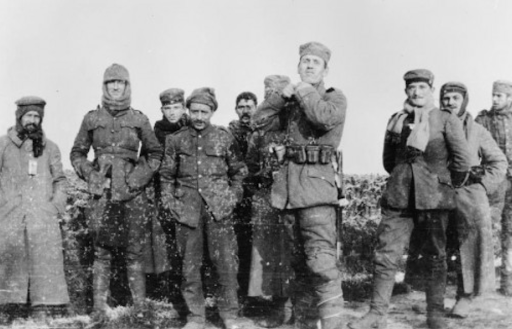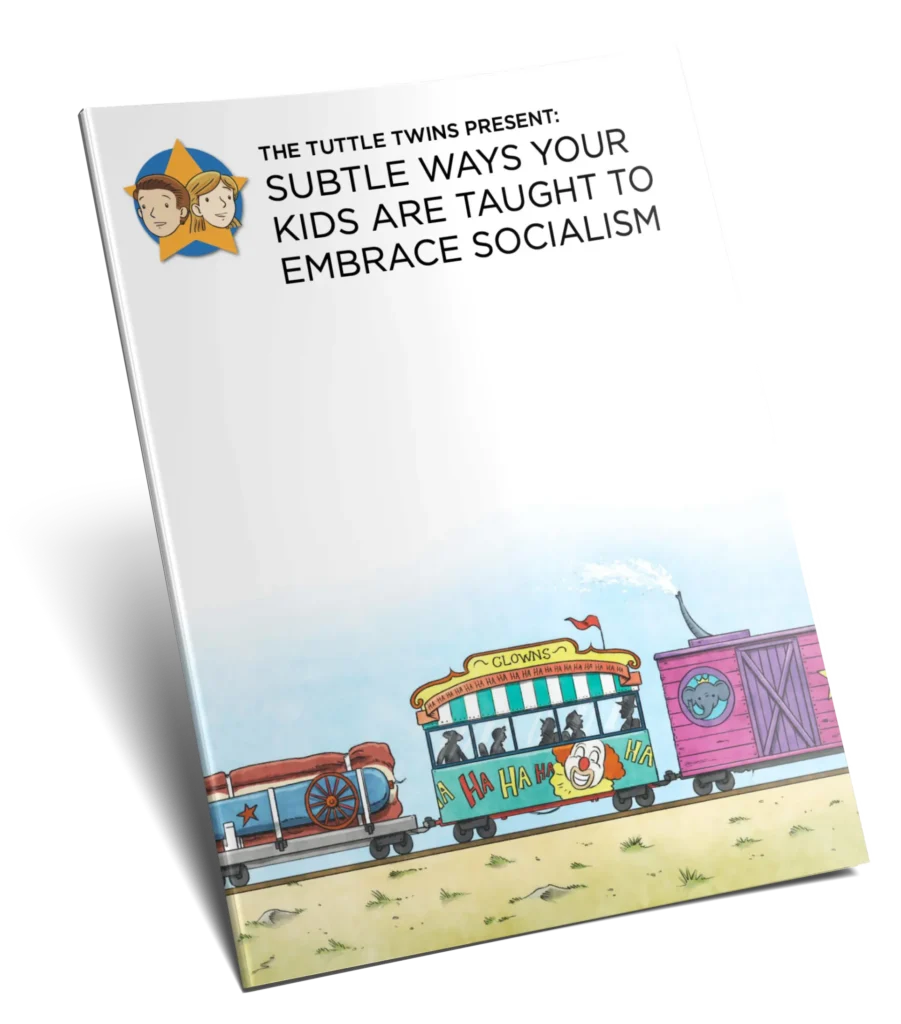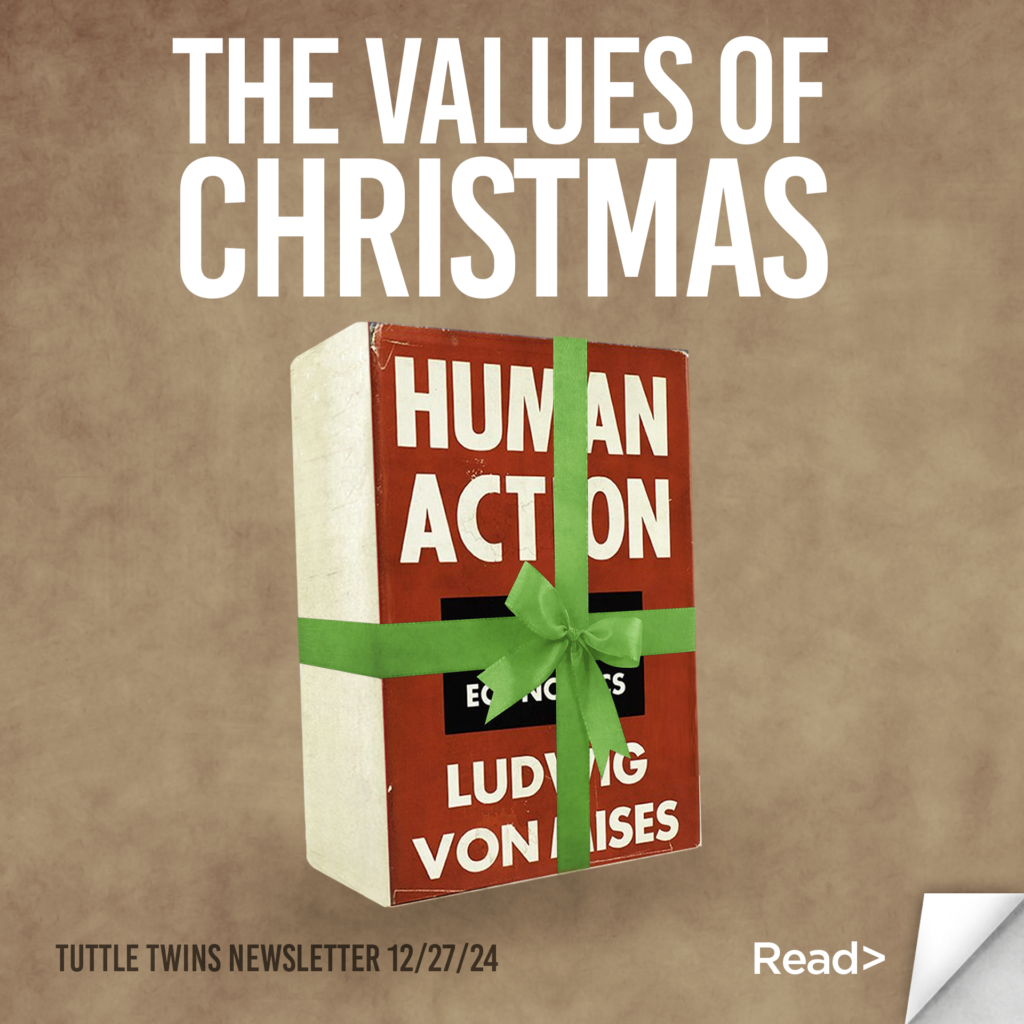
Have you heard about the customer service counter in the Vienna airport that exists solely to help passengers who find themselves accidentally in the Alps when they were, in fact, trying to fly to Australia?
There’s even a meme that floats around every now and then:
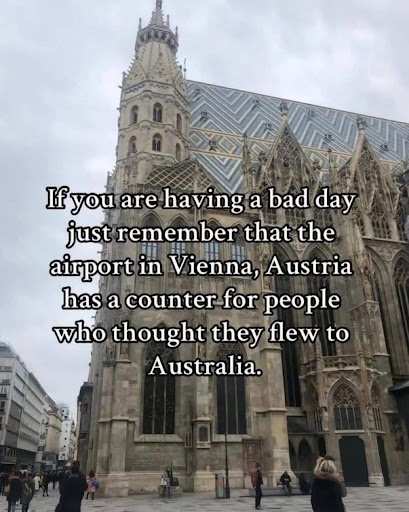
Of course, now there’s a fact check attached to it, because thanks Meta, we can’t even have dumb memes anymore without being “protected” into oblivion.
(Spoiler, it’s just a joke. There isn’t actually a desk)
Anyway, I encountered it in the wild again, and it made me think about Austria.
It seems like we always see and hear more about Austria during the Holidays. No doubt about it, they can sure do Christmas over there. The night markets, the traditions, the castles all alight with beautiful decorations—and of course the music.
Silent Night, one of the most famous Christmas carols ever, was penned in Austria.
It’s fitting then, I suppose, that Silent Night is at the heart of one of the most beautiful Christmas stories ever.
You know it. It was Christmas Eve, 1914, and across the war-ravaged plain, a solitary voice began to sing. Soon, others joined, and then others, until an unofficial truce emerged as soldiers on both sides made their way out of the trenches and toward each other. They drank, they smoked, they sang. They even exchanged small gifts.
A Christmas miracle that teaches us a lot about war, and humanity, and the desire we all have for home, and for peace.
Christmas reminds us of the beauty that can come from generosity, connection, and voluntary acts of kindness. It’s a time when families come together to give—not because they’re told to, but because they want to.
Neighbors lend a hand, strangers exchange smiles, and communities rally around those in need.
These moments of goodness, born from free and voluntary action, reflect what the great Austrian Ludwig von Mises spent most of his life teaching: that human flourishing comes not from top-down control, but from individual freedom, cooperation, and mutual respect.
Mises’s contributions to economics—and, more importantly, to the understanding of human behavior—were groundbreaking.
His magnum opus, Human Action, explains how free markets empower people to make choices, improve their circumstances, and live meaningful lives.
He showed us that economic freedom isn’t just a political idea; it’s a framework for human dignity.
In many ways, the values of Christmas—generosity, peace, goodwill, and love—are closely aligned with principles of the Austrian school of economics.
The holiday traditions we cherish most aren’t orchestrated by governments or institutions. They’re created and sustained by families, individuals, and communities acting out of love and care for one another.
Whether it’s a neighbor shoveling a driveway, a parent hiding gifts to surprise their kids, or a group of strangers singing carols to bring joy to others, these acts of kindness are voluntary.
Mises’s work resonates so deeply with me because I believe so passionately in the good that comes when people are free to make their own choices and dictate the terms of their own lives. It’s why we used his Human Action as the foundation for one of my favorite Tuttle Twins books, The Tuttle Twins and the Messed Up Market.
In this story, the twins learn that markets aren’t just about money—they’re about freedom, choices, and the ripple effect each person’s actions make on those around them.
It’s an introduction to the very ideas Mises championed: that when we’re free to make our own decisions—each person acting peacefully in their own best interest, and when we serve and help each other voluntarily, the world becomes a better, more prosperous and more peaceful place.
As this Christmas season starts to wrap up, I hope you’ll take a moment to reflect on the beauty and hope that comes when people are free to choose how to live their own lives.
If you’re looking for ways to help your kids see how these values—freedom, responsibility, and human connection—make the world a better place, check out The Tuttle Twins and the Messed Up Market.
It’s a great way to get the conversation started.
I hope your Christmas was merry, and I hope your New Year is bright, prosperous, and full of peace.
— Connor
